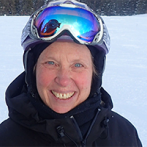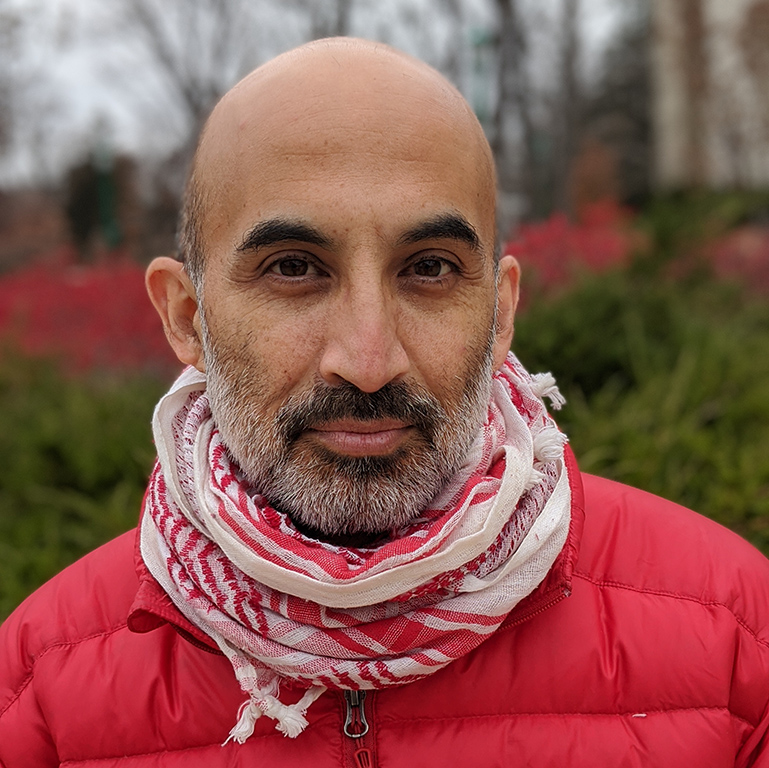Project Abstract
Arctic communities are experiencing unprecedented transformation due to environmental changes and expanding and intensifying economic development. For example, as the climate warms, sea ice becomes thinner and less extensive, which enables the expansion of global trade and more shipping traffic with larger ships. This project is investigating the impacts of rapidly changing sea ice conditions on Arctic communities, how these changes interact with social and economic threats, and how the socio-economic and other contexts of the communities affect their vulnerabilities to both. The perspective and concerns of Artic peoples are at the core of this project, which brings together leaders of Indigenous communities from across the Arctic region with Western scientists to explore these issues at multiple scales. This project is identifying ways that scientific products can better serve communal needs, and thus narrow the gap between scientific projects and adaptation and resilience of Arctic communities. An anticipated outcome is the consolidation of a research team of community members, organizations, and academics to co-produce a research design to address community needs in a rapidly changing Arctic.
This proposal brings together the frameworks of Double Exposure and Contextual Vulnerability to develop an analytical framework for understanding how the synergic effects of rapidly changing climatic and non-climatic processes on Arctic communities are mediated by socio-economic, biophysical, and political contexts. This research is co-producing knowledge with coastal Indigenous communities in Alaska, Greenland, and other regions on the current and future Arctic vulnerabilities to sea-ice change to identify gaps and providing options by context as interpreted and framed by community members. The work is generating analytical frameworks and research designs for understanding the effects on and vulnerabilities of communities to climatic and non-climatic processes.
Logistics Summary
This collaboration between Postigo (2022644, IU) and Landrum (2022641, UCAR) would fund a series of workshops to foster convergence among community and scientist knowledge, as well as among communities in different parts of the Arctic. Workshops would also identify research themes of concern to communities that will guide subsequent research proposals. Beginning in the summer of 2021, the following workshops will be conducted: Workshop 1: “Arctic Communities’ Concerns and Vulnerabilities”: Aasiatt, Greenland, Workshop 2: “Validating and Testing the Analytical Framework”: Chersky, Sakha-Yakutia, Siberia (alternate in Alaska, US) Workshop 3: “Presenting and Validating RD”: Alert Bay in Vancouver Island, British Columbia (Canada). The ongoing coronavirus pandemic has led to adjustments to timelines and inputs for workshops. The first workshop will lay some groundwork through participatory videos of perceptions of sea ice and community changes. Members of both the Greenland and Siberian communities have expressed interest in producing videos, interviewing community members to explore how changing conditions – sea ice, social, economic – are impacting their communities. This video work will be done by community members in their communities, and only if it can be done in a manner that complies with any local/tribal/federal safety guidelines with respect to the novel coronavirus (COVID-19). Workshops only, no fieldwork will be conducted.
Project Location
Dates
-Location
Aasiaat, Greenland; Chersky, Russia; Alert Bay, CanadaMembers
Principal Investigator

Principal Investigator

